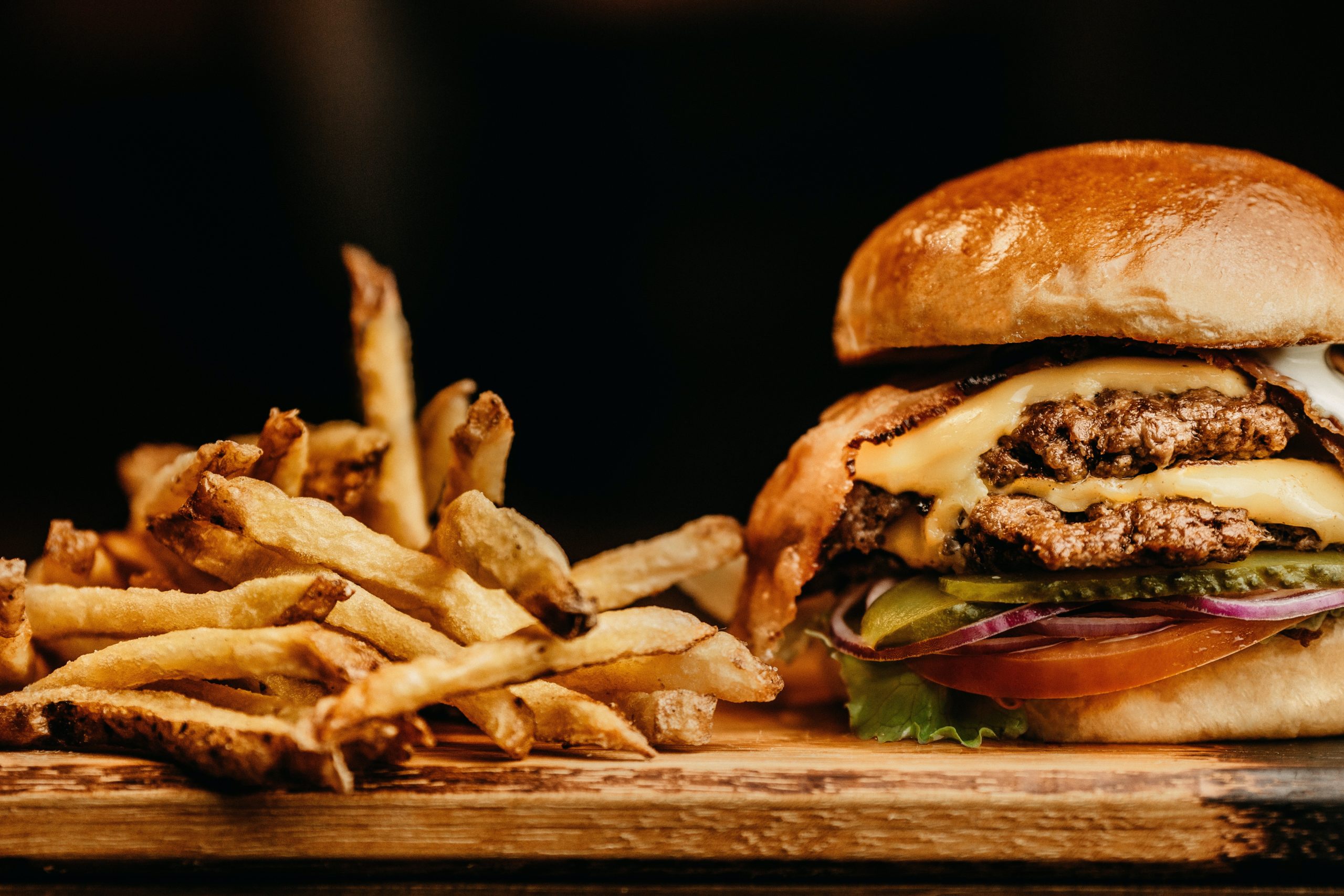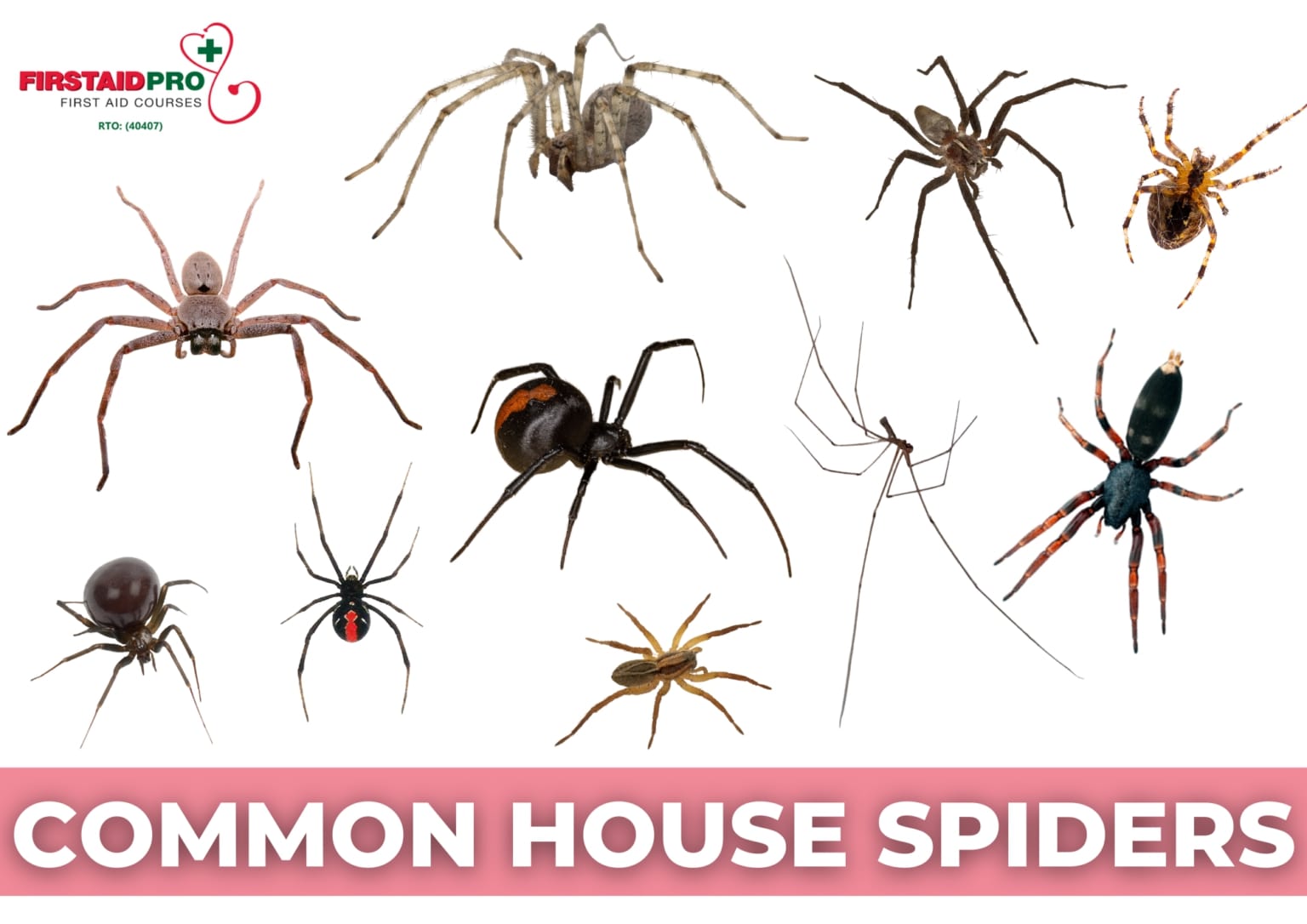Explore the relationship between food and mood, including tips on incorporating healthy eating to boost mental health.
Diet And Mental Health
One in 5 Australians, ages 16 to 85, experiences mental illness in any given year. Depression is the most common mental disorder that affects 3 million adults and is one of the leading causes of disability. Research shows a significant connection between food intake and the development of mental disorders, including depression.
The connection between diet and emotion comes from the brain and gastrointestinal tract (digestive tract) relationship. The gastrointestinal tract refers to the pathway on where food enters the body. It is also known as the “second brain.”
Eating a healthy diet promotes the growth of good bacteria that have positive effects on neurotransmitter production. Poor food choices, on the other hand, cause inflammation that hampers production. Brain transmitters that are in good shape can receive a positive message and promote good emotions. If it goes wrong, it will affect the person’s thinking and emotions.
Sugar is the primary culprit of inflammation, and it feeds the harmful bacteria in the digestive tract.
Healthy food choices help diminish mood fluctuations. It also helps improve one’s ability to focus and promote an overall happier outlook.
5 Foods To Eat For Better Mental Health
Here are food choices to help you get started.
1. Whole Grains
Whole grains are proven beneficial in battling depression. According to research, a person who consumes a moderate amount of whole grains is less likely to experience anxiety. Add oatmeal, wheat bread, brown rice, buckwheat, and barley to your food list to get your fill of whole grains.
2. Berries
Berries are the perfect snack to get an antioxidant fix. Strawberries, blueberries, and blackberries contain antioxidants that help in improving symptoms of anxiety and depression.
3. Walnuts
Walnuts look like a brain for a reason. It promotes long-term brain health and can improve mood by 28%. Walnuts are full of antioxidants that help grow new brain cells and slow down the progression of Alzheimer’s disease.
4. Leafy Greens
People who regularly consume leafy greens in their meals have a slower rate of cognitive decline. Be sure to add spinach, kale, and some collard greens to your next meal.
5. Lean Meat
Lean meat has a relatively low-fat content that can boost a person’s mood. Cutting large amounts of Omega 6 (fatty acid) help fight depression and maintain strong memory.
Cut Back On Other Food Choices
Eating the above food helps boost mental health, but there are food types that do the opposite. Avoid having too much of the following:

- Sugar – Highly addictive and imbalances certain brain chemicals
- Alcohol – Result in unhealthy sleep patterns and affect a person’s ability to focus.
- Saturated fats – Bad fats that decrease brain function, making it harder to focus and recall things.
- Refined foods – Refined or processed foods can contribute to impaired memory and slow learning. It also increases the risk of Alzheimer’s and Dementia.
Do a quick check on your food list and think about your food choices. Make a few changes and start to put more of the good stuff into the body. It will eventually make you feel better physically and mentally.
Bottom Line
People with the highest food quality choices are less likely to experience depression, anxiety, and stress. Start paying attention to what you eat and how you feel when you consume certain foods. Do some research and know the benefits of the foods we include above. It is one of the first steps in making sure to get well-balanced meals and snacks.
Learn more about mindful eating and its benefits in a Mental Health First Aid Course.








